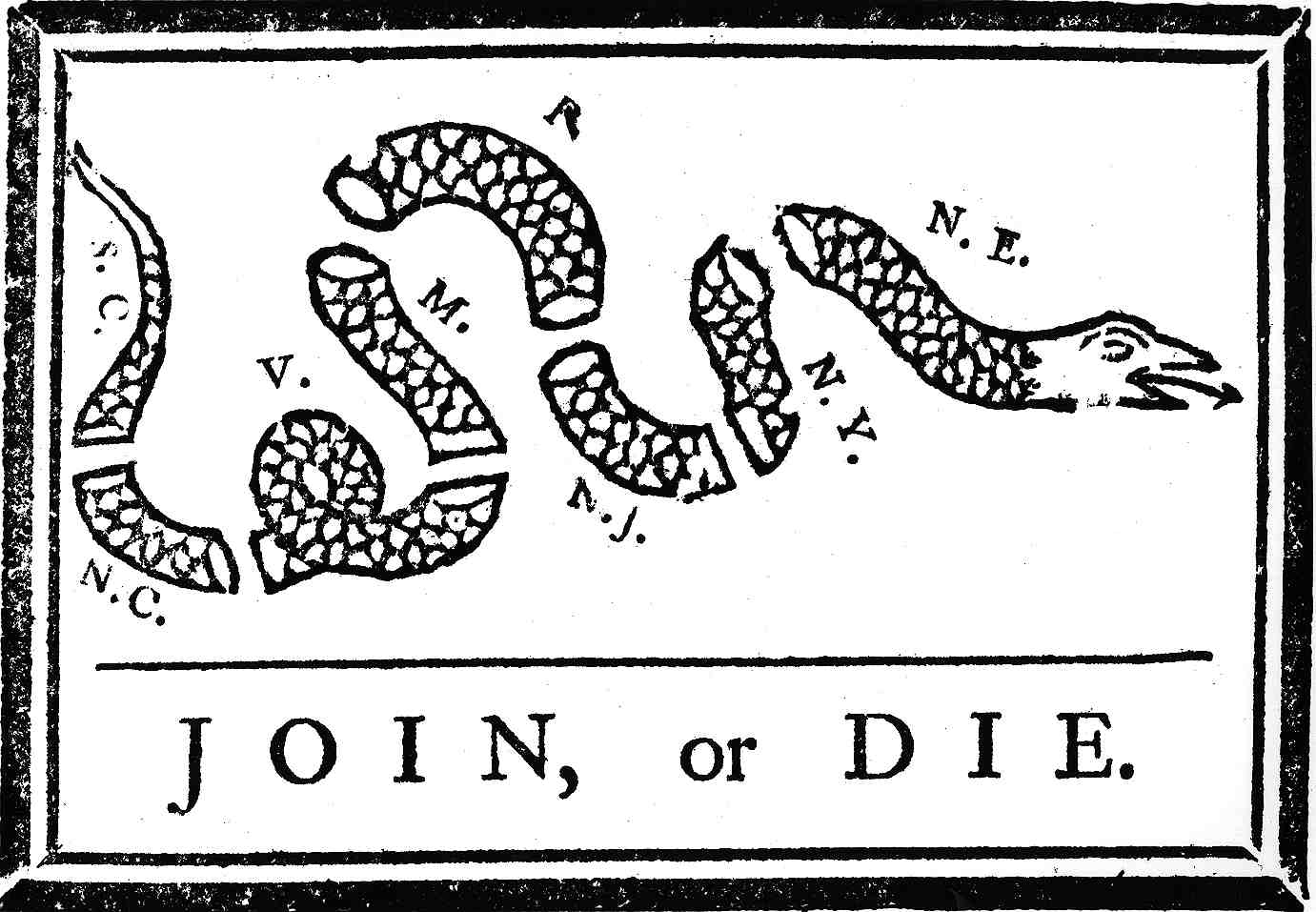APUSH Unit 3
1/29
Earn XP
Name | Mastery | Learn | Test | Matching | Spaced |
|---|
No study sessions yet.
30 Terms
What were the two sides of the French and Indian War?
It was between the French + Indians and the British. It was a small part of the Seven years’ war.
What was the cause behind the French and Indian War?
Territorial disputes in the Ohio River Valley between the French and the British caused this war to begin in 1754.
What was the Albany Convention?
It was where delegates from several of the British colonies met to discuss a more organized response to frontier defense, trade and Westward expansion.

What had been introduced at the Albany Congress?
Benjamin Franklin proposed the Albany Plan of Union where a council of representatives would be established. They would decide on matters such as frontier defense, trade and westward expansion.
Why was it important even though it was rejected initially?
Even though the taxation it required ultimately led to it being rejected by the delegates, it was important because it laid the foundation for future revolutionary Congress.
Causes of lasting colonial resentment.
Forced impressment of American men to join the Royal Navy.
Resisting feeding and taking care of soldiers at their own expense were threatened with violence.
How did the War between the French and British end?
As costs were becoming too high, the war ended in 1763 with the signing of the Peace of Paris.
What were some of the terms in the Treaty (Peace of Paris)?
Spain ceded Florida to the British.
The Spanish were given control of the former french lands west of the Mississippi.
All the land East of the Mississippi River (Ohio river valley), was granted to the British.
What was Salutary Neglect?
Refers to the British policy of loosely enforcing trade regulations and allowing the American colonies considerable freedom in economic and political matters.
Navigation Acts
Restricted the trade of the colonies to British ships and British merchants.
What did Salutary neglect lead the colonists to believe?
It led them to believe that they were more independent of the British than the king and Parliament believed them to be.
What was part of British Prime minister, George Grenville’s plan?
Stricter enforcement of current laws.
Extend wartime provisions into peacetime.
Quartering Act of 1765.
What was the Quartering Act of 1765?
A law that kept British soldiers stationed in colonies, where colonists were responsible for soldiers’ food and housing.
What was the Sugar Act of 1764 and what did it do?
Tax on foreign sugar and stricter enforcement of Navigation Acts. Those guilty of smuggling tried without a jury. It imposed taxes on coffee, wine and various luxury items.
What was the Stamp Act of 1765?
It was a tax on all paper items produced in the colonies like newspapers etc.
What was the Currency Act?
It prohibited colonial assemblies from printing their own paper currency, which was a big deal because taxes only increased while the money supply was being restricted.
Why were the taxes implemented and restrictions imposed so odious?
Americans were experiencing declining wages and a rise in unemployment.
“No taxation without representation”
The debate that had been sparked amongst colonists about whether it was right to impose taxes on the colonists who had precisely no representatives in Parliament.
These ideas had come from The Enlightenment.
What was virtual representation?
The political concept that elected members of a representative body do not represent individuals or a geographic region but represent the entire country or empire.
“All members of Parliament represented all interests”
What were some of the few organized groups that had arose from lack of representation of colonists in government and as a response to the Stamp Act?
Sons of Liberty.
Daughters of Liberty
Vox Populi
What was the Stamp Act Congress
It was a congress established in 1765 which included 27 delegates from nine colonies who’s basic goal was to petition the British Parliament to repeal the Stamp Act because they were afraid of tyranny.
What was the Declaratory Act?
It was a law passed in 1776 that affirmed that the Parliament had the right to pass whatever law they wanted in the colonies.
What were the Townshend Acts?
Passed in 1767, it levied taxes on items like paper, tea and glass which were imported to the colonies.
What effect did the boycotting of the Townshend Acts have on the colonists?
It was able to unite everyone from all classes. (Especially women since they were responsible for purchasing most of the goods for their households).
What was the Boston Massacre of 1770?
An incident where a group of boys and young men began harassing a group of British soldiers with snow balls and stones. Someone fired a gun which led the British soldiers to fire their own guns, leading to eleven colonists being shot and four killed.
What was the Tea Act?
It was a law that had been passed in 1773 and was a tax on tea and provided exclusive rights to the British East India Company to buy and ship tea to the colonies.
How did angered colonists react to the Tea Act? Boston Tea Party
About 50 members of the Sons of Liberty disguised themselves as Indians and dumped 45 tons of British tea into the Boston Harbor. (342 chests of tea)
Coercive acts
In 1774, the Parliament closed down the Boston Harbor until all the lost tea had been paid for.
First Continental Congress
Happened in 1774 where delegates from every colony except Georgia met up to deliberate about what the colonists were going to do regarding Britain’s increasing legislative tyranny.
They all agreed to resist further violations of their liberty.
Second Continental Congress
Happened in 1776 when a formal resolution for independence was put on the floor. Thomas Jefferson was to compose the Declaration of Independence, which was along the lines of the enlightenment.